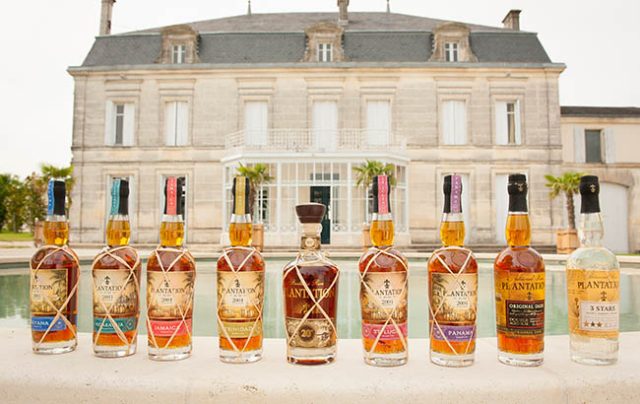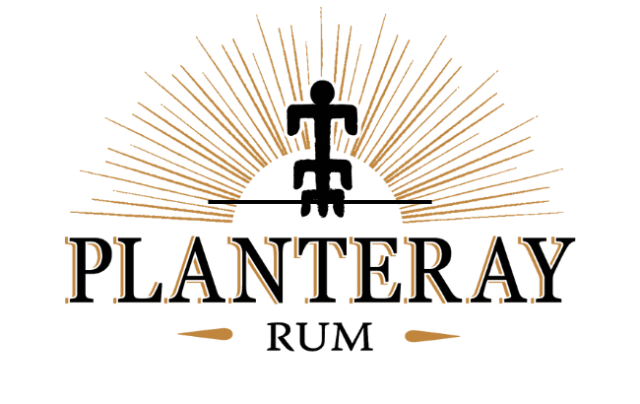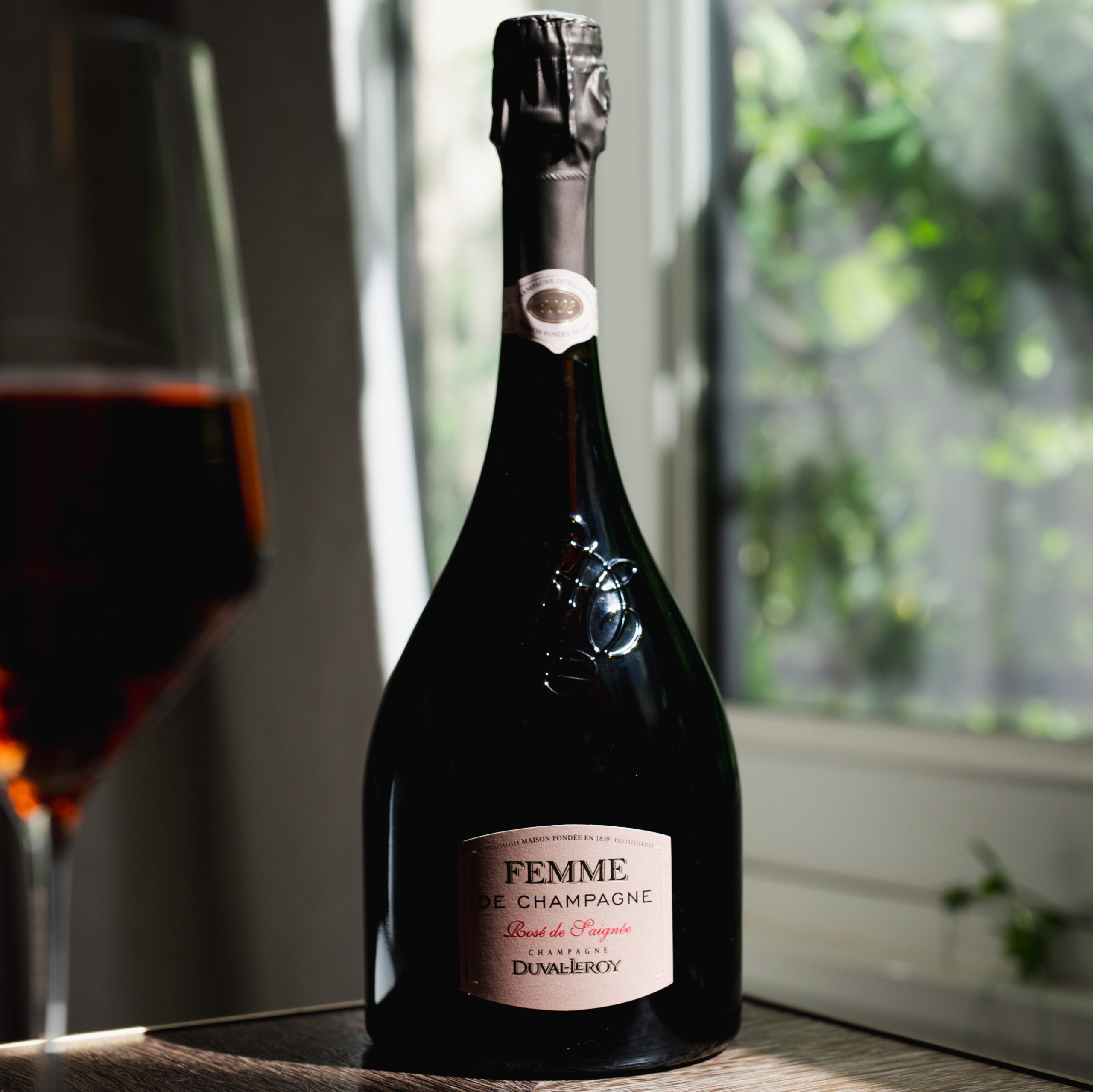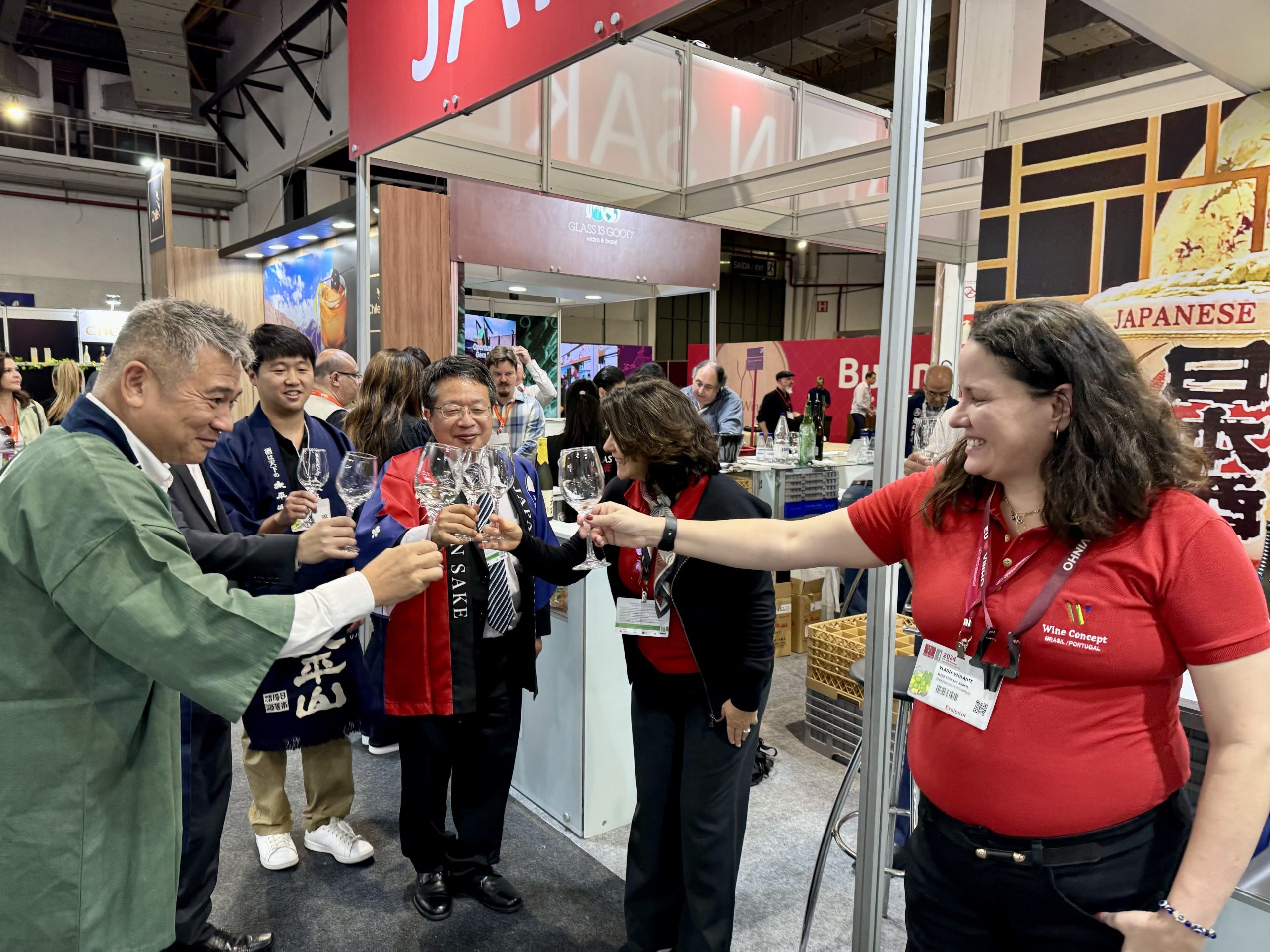Why did it take three years for Plantation Rum to change its name?
By Eloise FeildenAfter announcing it would remove the word Plantation from its name in 2020, Maison Ferrand has now relaunched its brand as Planteray Rum. Eloise Feilden finds out what took so long.

“If a name and our name create hurt, it is not part of our mission,” Alexandre Gabriel, owner and master blender at Maison Ferrand and West Indies Rum Distillery (WIRD), tells Eloise Feilden.
Plantation Rum was launched 25 years ago, and at the time “we looked at it like a plantation as a farm”, Gabriel says.
Having grown up on a farm, Gabriel argues that the connotation for him was one of “quality — from the land to the product”, and was not intended to cause any harm.
It was only through friends that Gabriel and his teams, based in France and Barbados, “came to realise” the potential other connotation — one of slavery. “We stayed convinced that if it creates hurt, we need to evolve and that’s the decision we took,” he says.
Maison Ferrand announced that it would be changing the name of Plantation Rum in 2020, following the death of George Floyd.
Gabriel said at the time: “As the dialogue on racial equality continues globally, we understand the hurtful connotation the word ‘plantation’ can evoke to some people, especially in its association with much graver images and dark realities of the past.”
No details of the new name were revealed at the time, and the brand approximated a two-year period for the name change.
The Black Lives Matter movement may have triggered change for the brand and its makers, but Plantation Rum hit headlines again in October 2022, when Rachelle Ferron, head of entertainment at ITV’s Good Morning Britain, wrote a comment piece for The Guardian entitled ‘Plantations kept slaves. They were a place of horror. Why exploit them as a sales brand?’
Sitting in the Ivy restaurant eating dinner, she came across a “Plantation” rum-soaked sponge with chantilly cream and raspberries on the dessert menu.
She writes: “My dad is Jamaican. My ancestors were slaves. Here I was, the only person of colour in the restaurant, choking on the P-word.”
Ferron took action, and a complaint to the restaurant resulted in the Ivy removing all Plantation Rum products from its restaurants, bars and menus.
Partner Content

The new name
Meanwhile, Maison Ferrand was still working on the new name. Plantation is sold across 121 countries, so the name had to work across all markets, Gabriel says.
“It’s not like launching a new product where you start in one country and patent it there and then register it there, and then go into a second country and register it there. We needed to do everything at once,” he explains. “We are a family business. We don’t have a legal office, so we had to do that ourselves and that took some time.”
So what does the new brand represent? “The name ‘Planteray’ embodies our brand’s identity and core symbols,” says Gabriel, “paying homage to sugarcane, the plant that gives birth to the rum, and the Caribbean sun’s rays that are essential for sugarcane growth and ripening.”
Maison Ferrand wanted to keep the “link to the land” in its rebrand — something Gabriel calls the “first challenge”.
“The second challenge, that we needed a brand that’s understandable and pronounceable, in English, French, Spanish and several languages, because we’re lucky to have many aficionados loving Plantation throughout the world.”
Registration had to be done in each country, and the company came across some “roadblocks” when negotiating with other brands which “felt the name was too close”, resulting in a lot of paperwork. “That took a long time. We finally got there at the end of 2023 and we’re so happy that we did so,” Gabriel says.
Ferron, too, is happy the name has now been changed. She tells the drinks business it was a “welcome advancement”, and says she is “proud that I was integral to this long-overdue change”.
However, “there is still work to do” on a wider scale, she says, and urges all companies to remove associations with slavery from their branding.
“For example, the makers of Patridom (formerly Ron Esclavo, translated as Slave Rum), still trade off their old brand, even on their website, two years after its name change, just as Diageo is not ready to shelve the lucrative Captain Morgan (a slave trader and plantation owner), as it’s one of the most popular rums in the world.
Planteray Rum is still using the word Plantation on its website, although it has changed its name on social media platforms Facebook and Instagram.
Ferron concludes: “Inclusion is the key to growth in any business and, as I said before, this was my own little protest, but that’s how wider change often starts.”
Related news
Allan Sichel: ‘Price readjustment is necessary’ for upcoming en primeur campaign




